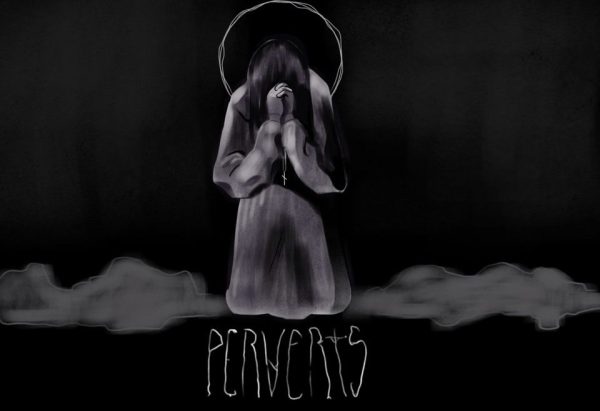‘American Sniper’ misses the mark
Sometimes a movie comes along that challenges the way we see the world, the way we understand war and the sacred hero’s journey.
This was not one of those movies. “American Sniper” tells a simplistic and clichéd story that feels familiar because we’ve seen it countless times before.
After the U.S. embassy bombings in 1998, cowboy Texan Chris Kyle, played by Bradley Cooper, abandons his unfulfilled life of getting drunk and riding bulls to defend his freedom and the country he loves.
Following Sept. 11 he is sent to Iraq as a Navy Seal sniper.
Over the course of two tedious hours Kyle’s story and his experience in the Iraq war unfolds. The most melodramatic scene involved him calling his wife in the middle of a gun battle during which he and his SEAL team are hopelessly outnumbered.
One would think that the most prolific sniper in American history who deals with crippling guilt over failure to protect his fellow soldiers would be more eager to defend his men from waves of attacks.
“American Sniper” had the opportunity to address the post-traumatic stress disorder that plagues many American troops after returning from war.
With high rates of suicide among veterans, one would think that mental illness is a subject worth covering.
Instead, the film only briefly mentions soldiers’ PTSD and devotes most screen time to a cliché game of cat and mouse between Kyle and an al-Qaida sniper mysteriously known as “Mustafa.”
While Mustafa was a real al-Qaida sniper, he and Kyle never crossed paths in reality, and he is barely mentioned in Kyle’s autobiography.
Most disappointing about the film, however, is the misguided support and criticism blindly attributed to it.
Too many critics accuse Kyle of being a hateful Muslim-killing machine and too many supporters portray him as being a perfect example of American fortitude.
The fact is he was a gifted sniper with 160 confirmed kills of Iraqi insurgents.
However, he was also known for exaggerating stories of his exploits. He claimed to have shot looters from the roof of the Superdome following Hurricane Katrina and beat up former WWE wrestler Jesse Ventura in a bar fight.
This version of Kyle is certainly at odds with the humble hero seen in “American Sniper.”
Masterfully directed and with an Oscar-worthy performance from Cooper, “American Sniper” was engaging and entertaining.
However, a grossly simplified portrayal of Chris Kyle and minimal focus on soldiers’ PTSD leave viewers disappointed in the war movie masterpiece that could have been.










